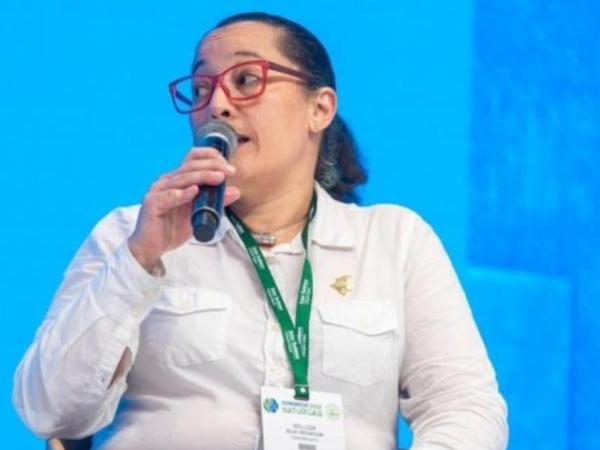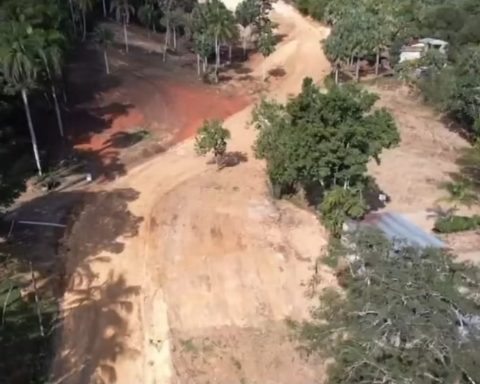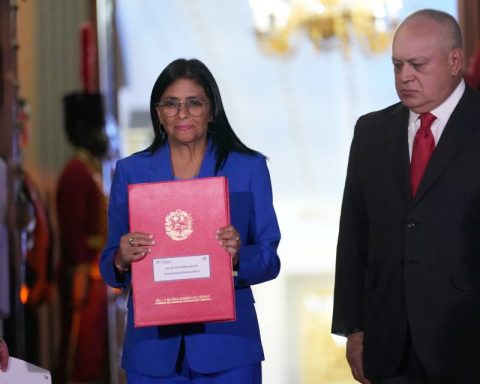Last Friday the President of the Republic, Gustavo Petro, accepted the resignation presented by the then Vice Minister of Energy, Belizza Ruiz. His departure occurs after the presentation of a report with which the government made the decision not to award new contracts of oil and gas exploration and has been highly controversial.
After this, the former vice minister in an interview with EL TIEMPO and Portafolio pointed out that there are a series of risks in the country that must be analyzed, such as the possibility of a blackout in Bogotá and the south of the country, due to the delay in some lines transmission that have not started working.
(Also read: Electricity sector points out dangers due to government announcements)
During the space with EL TIEMPO and Portfolio, Ruiz confirmed that the reliability charge auction was approved and that the resolution is close to coming out, he reported.
This focuses with special emphasis on technologies such as solar and wind energy, he added.
Ruiz also pointed out thatBefore leaving, he received an alert due to difficulties in advancing transmission lines that could lead to blackouts in Bogotá and in the southwestern part of the country.
(You may be interested in:Did the minister lie?: The answer is yes and I have proof, says Ruiz)
In terms of electricity, there has also been uncertainty due to the president’s announcement to intervene in the Energy and Gas Regulation Commission (Creg). In this regard, the former vice minister pointed out that this is within the legal powers of the President and that she hopes that the best decisions will be made.
“Once the decree comes out I will be attentive to study it to issue an assessment. At this time I could not make a technical judgement. I think there are questions because this is the first time this has happened after the reform of the electricity sector was carried out in 1994.“, he asserted.
(Too: ‘Regulatory bodies must be independent’: Creg responds to Petro)
Regarding the issue of granting new exploration contracts, Ruiz pointed out that in order to make this decision, it must be taken into account that the industry uses coal and gas, and that the latter is the source of energy that will leverage the transition to more clean.
He pointed out that his office stopped handling issues related to hydrocarbons, which began to be managed directly by the Minister of Mines and Energy, Irene Vélez. Additionally, she pointed out that she did not participate in meetings with other Ministries or in discussions related to granting or not new exploration areas.
(We recommend: New measures are being studied to reduce the price of electricity)
“My work in hydrocarbons was limited. Not zero. The specific decisions in this subsector were in the hands of the minister,” he asserted.
Regarding her relationship with the Minister of Mines, Belizza assured that “As a citizen, I would like to have a different person”. And he emphasizes that the minister “is very good in the environmental and social part, but in technical matters she has some deficiencies.”
He also says that he would like to see another person there because “the sector hurts him.”
BRIEFCASE

















